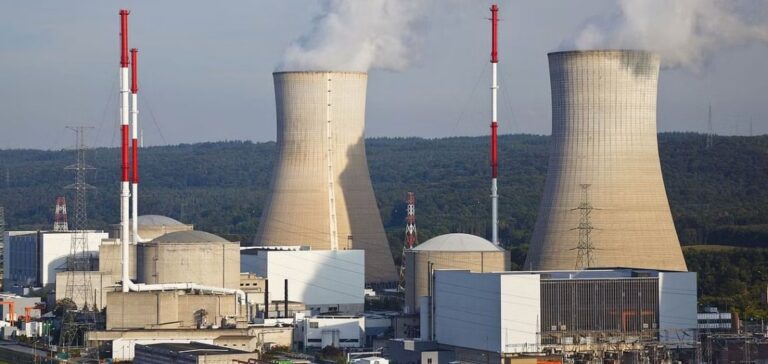In El-Dabaa, a ceremony of the beginning of the works took place on the construction site of the unit 2 of the Egyptian nuclear power plant.
A Russian technology
The El-Dabaa nuclear power plant, in collaboration with Rosatom, is now in the main construction phase. The ceremony follows the issuance of the construction permit by the Egyptian Nuclear and Radiological Regulatory Authority. Thus, the El-Dabaa nuclear power plant is the first nuclear power plant in Egypt.
The nuclear power plant of El-Dabaa is located in the governorate of Matrouh on the Mediterranean coast. Thus, it will be located about 300 kilometers northwest of Cairo. In addition, it will integrate 4 units.
Each El-Dabaa unit will have a production capacity equivalent to 1200MW. It will be equipped with generation III+VVER-1200 reactors (pressurized water reactors). These reactors feature Rosatom’s most advanced technology to date.
Indeed, the technology used is already successfully operational in Russia and abroad. In fact, two reactors per site are already in operation at the Novovoronezh and Leningrad sites. Abroad, a production unit based on the VVER-1200 reactor has been supplying Belarus since November 2020.
An economic partnership
It will supply Russian nuclear fuel throughout its life cycle.
Drs. Alexey Likhachev, Director General of Rosatom, says:
“The construction of Unit 2 of the El-Dabaa nuclear power plant shows that the project is gaining momentum. Rosatom continues its active work abroad: we are building 34 power units in 11 countries. But the project in Egypt is of particular importance to us, as El-Dabaa will become the first nuclear power plant on the African continent built using Russian technology. This is the largest Russian-Egyptian cooperation project since the time of the construction of the Aswan Dam. The start-up of the nuclear power plant will play a crucial role in Egypt’s social, economic and technological life and will give impetus to the gradual transition of the country’s industry and economy to low-carbon energy sources.”
Thus, the






















